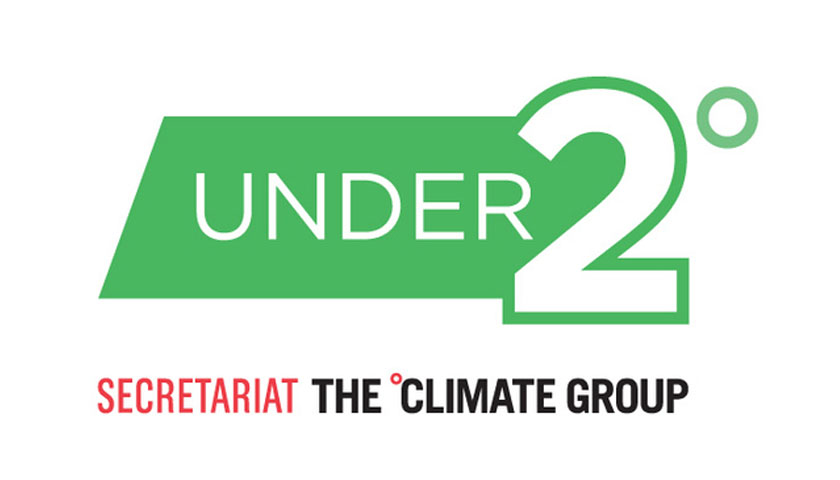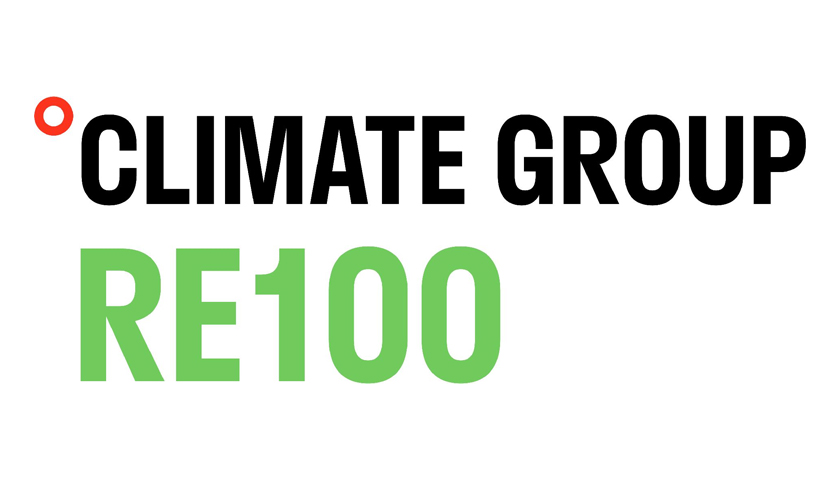Climate Group is taking on the coordination of the Subnational Methane Action Coalition – a group of states, regions and provinces leading on tackling harmful methane pollution and building a cleaner, healthier future.
As well as driving the coalition’s expansion, the non-profit will support members to reduce methane emissions by coordinating knowledge sharing and leveraging expertise from partners in academia, the non-profit sector and philanthropy. The coalition was founded by the Government of California in 2023 at COP28 in Dubai, UAE.
Urgently and drastically cutting methane is essential to limiting global warming to 1.5 degrees Celsius, the goal of the Paris Agreement. Responsible for nearly a third of the rise in global temperatures since the Industrial Revolution, the gas is currently proliferating faster than at any time since records began. While it lasts less time than carbon dioxide in the atmosphere, it has 80 times the warming power. That means that reducing it is one of the fastest ways of curbing rising temperatures in the short-term and giving the world time to decarbonise before irreversible climate tipping points are breached.
Research shows that lowering methane emissions can prevent up to 0.3°C of warming by 2050. While over 150 countries have agreed to collectively reduce global methane emissions by at least 30% below 2020 levels by 2030 through the Global Methane Pledge of 2021, meeting this target will require significant efforts from subnational jurisdictions.
The Subnational Methane Action Coalition is vital because state, regional and provincial governments often are the primary regulators of methane emissions from their three main sources: agriculture, energy and waste. The coalition enables governments to reduce methane emissions by helping them share best practices, identify data gaps, create methane reduction plans tailored to local needs and secure the requisite technical expertise.
To date, researchers at the University of California, Berkeley have provided coalition members with technical support – such as help with quantifying methane emissions or compiling a bespoke action plan – and will continue to do so going forward.
Climate Group’s Executive Director for Governments and Policy Champa Patel said: “For a decade, Climate Group has championed state, regional and provincial climate action, as secretariat of the Under2 Coalition – the world’s largest network of subnational governments committed to reaching net zero emissions by 2050 or earlier. As the new coordinators of the Subnational Methane Action Coalition, we’ll amplify its crucial message and turbocharge real-world action.
“Cutting methane emissions rapidly and at scale is our best chance of stopping climate breakdown in the near-term. And yet, most climate action plans still remain focused on decarbonisation. This falls far short of what is needed. We already know that even the most aggressive decarbonisation measures will not achieve global climate goals without also attacking short lived pollutants. The Intergovernmental Panel on Climate Change clearly says that action on addressing methane emissions is critical to staying on track.
“‘We know what works. The South Korean state of Gyeonggi is using satellites in space to monitor methane levels and the Brazilian state of Goiás has closed 200 landfill sites. By sharing the stories of these members’ initiatives, we want to show other subnational governments the many benefits of methane reduction. It’s not just about stopping global overheating but also improving air quality, enhancing health outcomes and increasing food security.”
California Secretary for Environmental Protection Yana Garcia said: “Subnational governments are uniquely positioned to drive reductions in harmful methane pollution, which is why California founded the Subnational Methane Action Coalition in 2023. We’re excited to have the Climate Group coordinating the urgent work of this Coalition, as we continue to slash methane emissions while boosting economic productivity and improving public health.”
Director of Project Climate at the University of California, Berkeley, Ken Alex, said: “The addition of the Climate Group as coordinator of the Subnational Methane Action Coalition underscores the essential role subnational governments play in meeting climate challenges, now with a key focus on methane. On a more personal note, I have had the chance to work with the Climate Group for over a decade and am very pleased to continue the partnership in conjunction with the UC Berkeley Center for Law, Energy & Environment.”
Manjyot Kaur Ahluwalia, Regional Lead, Asia for the Global Methane Hub, which is funding Climate Group’s coordination of the Subnational Methane Action Coalition, said, “Waste is the second most cost-effective sector after energy, in reducing methane emissions by 2030. There is an exciting opportunity for subnational governments to implement actions to decrease methane emissions in the waste sector.
“The Global Methane Hub looks forward to supporting Climate Group and the Subnational Methane Action Coalition to promote technical and financial solutions among subnational signatories across the globe—from Nigeria to Brazil to South Korea—complemented by our network of NGO partners to promote and scale solutions to decrease methane from this sector to deliver economic opportunities, better public health and quality of life, especially for vulnerable communities.”
The current members of the Subnational Methane Action Coalition are:
- Africa: Cross River State, Nigeria; Gauteng, South Africa
- Asia: Chungcheongnam-do, South Korea; Gyeonggi, South Korea; Delhi, India
- Europe: Andalusia, Spain; Baden-Württemberg, Germany
- North America: British Columbia, Canada; California, United States; Colorado, United States; Maryland, United States; Querétaro, Mexico; Yucatán, Mexico
- South America: Córdoba, Argentina; Chubut, Argentina; Espírito Santo, Brazil; Goiás, Brazil; Minas Gerais, Brazil; Pernambuco, Brazil; Rio Grande do Sul, Brazil; Santa Cruz, Boliva


